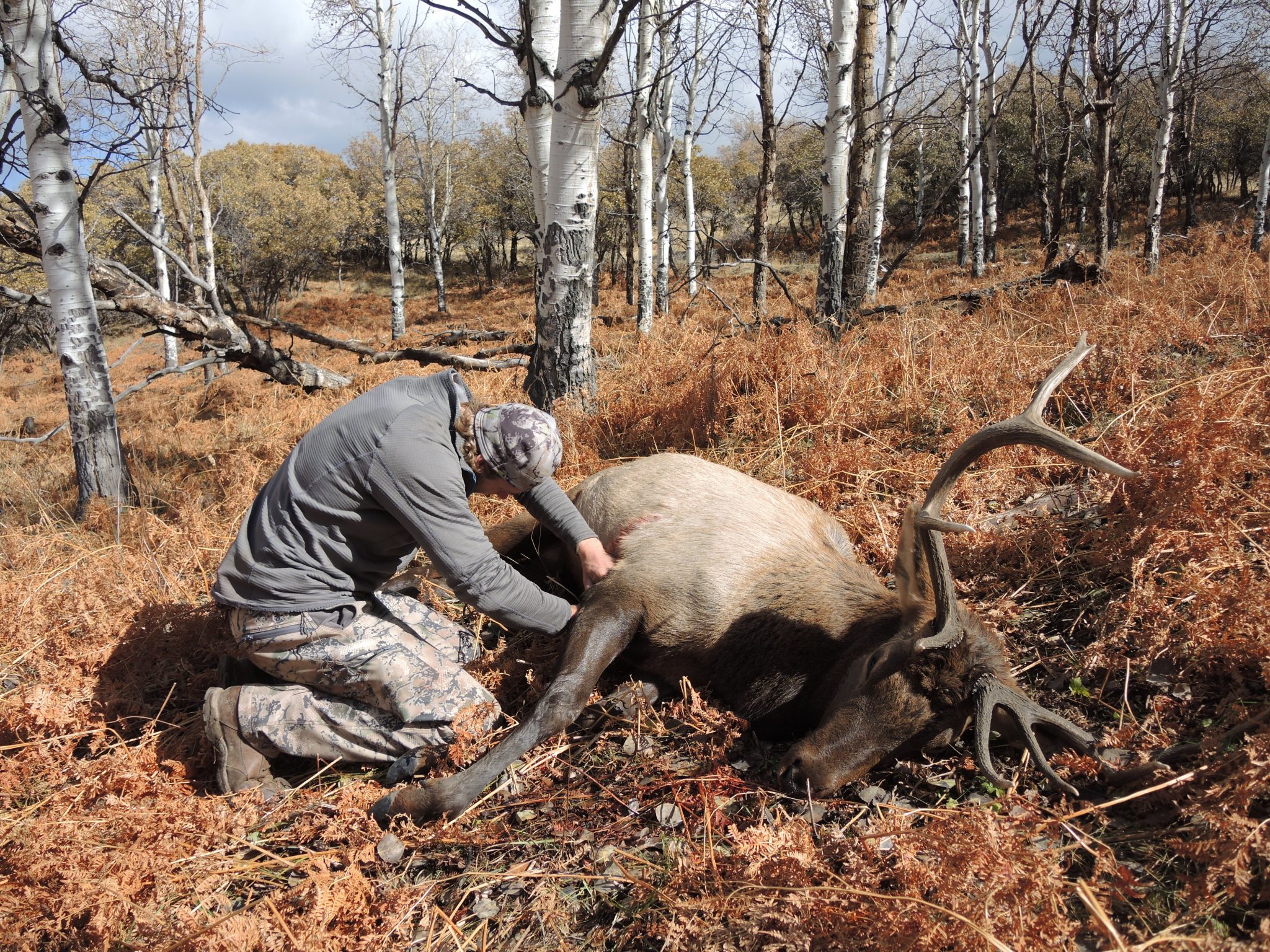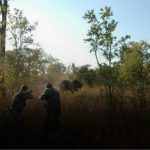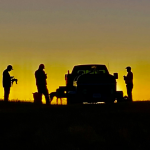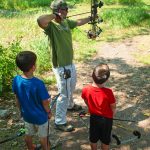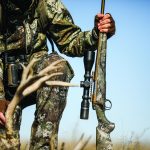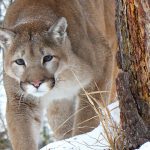A new study provides some practical insights on how to talk to non-hunters about the importance of hunting.
Almost every hunter has been asked the question at some point: Why do you hunt? Sometimes it’s framed more negatively: How can you kill an animal?
When you’re asked such a question, don’t get defensive. Answering thoughtfully presents a great opportunity to communicate the benefits of hunting to someone who probably doesn’t know much about it and doesn’t (yet) have an opinion about it.
Recently, the Colorado Wildlife Council (the entity behind the state’s “Hug a Hunter” pro-hunting ad campaign) commissioned in-depth exploratory research aimed at providing guidance to the Council on how best to continue to reach out to non-hunters to increase support of hunting and fishing. The research, conducted by Benenson Strategy Group, a global research firm, Is some of the most in-depth research ever done in terms of delving into how non-hunters feel about what we do, and it provided some fascinating insights that any of us can use any time we talk to a non-hunter about hunting.
The researchers conducted the study in three phases, surveying 969 registered Colorado voters in early February. The study focused on voters aged 18 to 35 who neither strongly support nor oppose hunting. First, online journals helped the researchers get an idea of the mindset and core beliefs that shaped non-hunters’ views. Second, in-person focus groups explored arguments for and against hunting and tested their effectiveness. Third, the researchers combined the results from the first two phases and quantitatively tested the best support and opposition messages and explored why they did or did not succeed.
One of the most important findings was that non-hunters typically don’t feel strongly about hunting one way or another, so they are receptive to hearing arguments on both sides. That presents an opportunity for hunters—and also for anti-hunters—to sway them. Interestingly, some 80 percent of the people in the survey said they know someone who hunts. That means hunters have the opportunity to reach out to a large percentage of non-hunters with a positive message.
The non-hunters in the study had, overall, a surprisingly live-and-let-live attitude. They professed respect for individual liberties and the rights of others. Asked whether hunting was something people should have a right to do, regardless of how they personally felt about it, 87 percent either strongly or somewhat agreed.
Researchers found, however, that most non-hunters did not think that hunting affected them personally in any way, so it was important to make clear that hunting has direct benefits to them. The most effective arguments for hunting involved the fact that license fees from hunting are major sources of funding for forests, rivers, and places they hike. It’s crucial to tie hunting’s benefits back to the things people personally enjoy. This includes the fact that most non-hunters appreciate seeing wildlife, and revenue from hunting is the most crucial source of funding for protecting, improving, and managing wildlife populations.
They also found it was effective to humanize the economic benefits—letting them know that individual taxpayers would have to pay more if hunting were restricted, and highlighting the many small-business owners, manufacturers, and people in the tourism industry who would be hurt by hunting restrictions.
In addition, the researchers found that almost all of the non-hunters in the survey had deep concerns about animal welfare, and little knowledge of hunting laws or how hunters utilize their animals. There is a prevalent “trophy hunting” myth that makes many people think hunters simply take the heads or antlers and leave the meat in the field. Learning that it was illegal to waste the meat of animals hunted was both eye-opening to many of the people in the survey, and a very persuasive fact for the pro-hunting side. Hunters often do not realize how little non-hunters know about hunting regulations. When people learn the simple fact that hunters are required by law to take the meat of animals they harvest, and utilize the hides of furbearers, and that they can be punished with fines and criminal charges if they don’t, it can make a big difference in how they feel about hunting.
The researchers also tested several arguments that did not prove particularly effective in swaying non-hunters’ opinions. One was the argument that hunting is an important part of human culture and heritage. This is something that is very important to hunters, but proved of little interest to the non-hunting public.
Overall, the findings boiled down to four main points that any of us can easily use when talking to a non-hunter. Start by building a connection with the person via our shared respect for individual liberty: Even though not everyone hunts, we can all respect the rights of others to do so, just as we respect people’s rights to engage in many other activities. Second, make clear that hunting benefits them personally: License fees protect and provide access to the land you use for hiking, and helps manage and improve populations of wildlife you enjoy watching. Third, confront their animal-welfare concerns: Hunters make every effort to kill quickly, cleanly, and ethically; the meat is required to be utilized; and there are many hunting regulations in place. Last, talk about the economic benefits using specific numbers, and then put them in human terms: Hunting supports 27,000 jobs in our state and contributes $3 billion to the state economy, and further restrictions on hunting would have dire consequences for small business owners, tourism providers, and individual taxpayers.
This research will help guide the Colorado Wildlife Council in crafting future messaging to reach out to the all-important “70 percent in the middle” who will have a direct effect on our hunting in years to come. It can also help you and me to do our part to talk to people we know and help them understand that even if they don’t hunt, hunting is important to all of us, with direct benefits to our public lands, our wildlife, and our economy.
Learn more about how to spread a positive message about hunting by contacting the Nimrod Society via www.nimrodsociety.org. The Nimrod Society’s mission is to educate the public about the important contributions hunters and anglers make to society and conservation.

